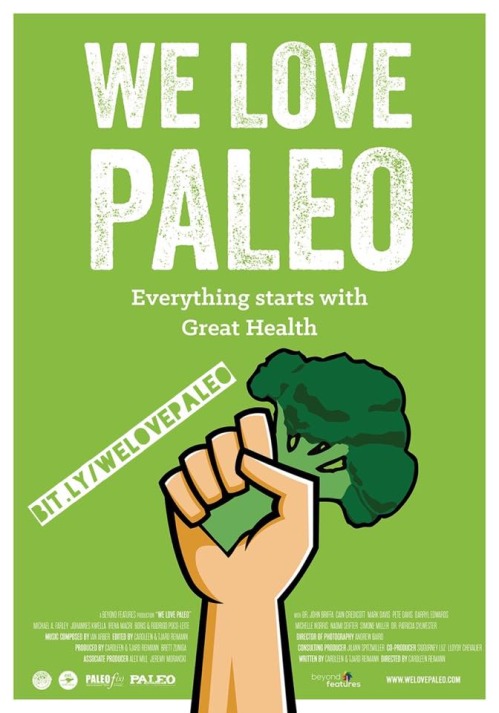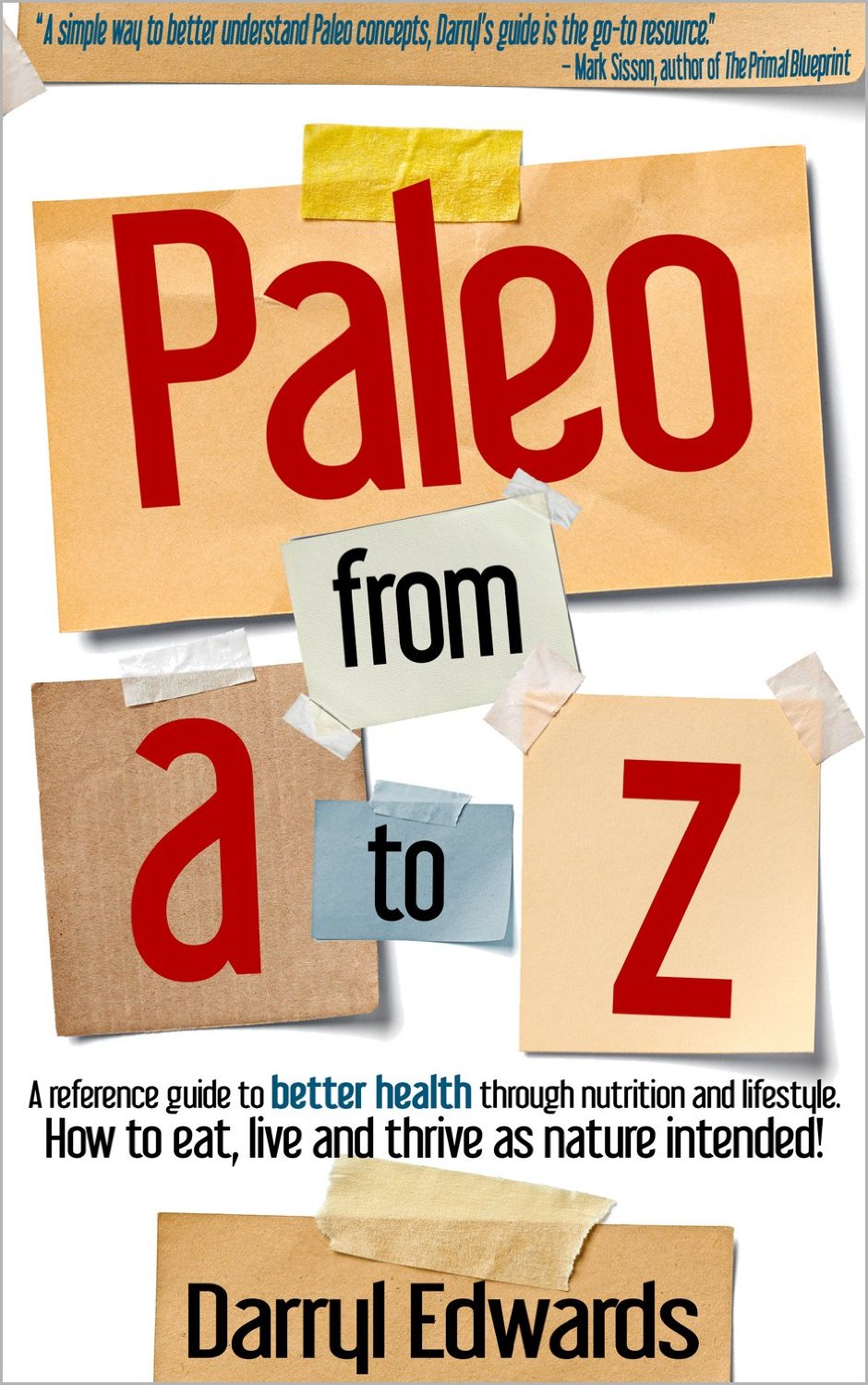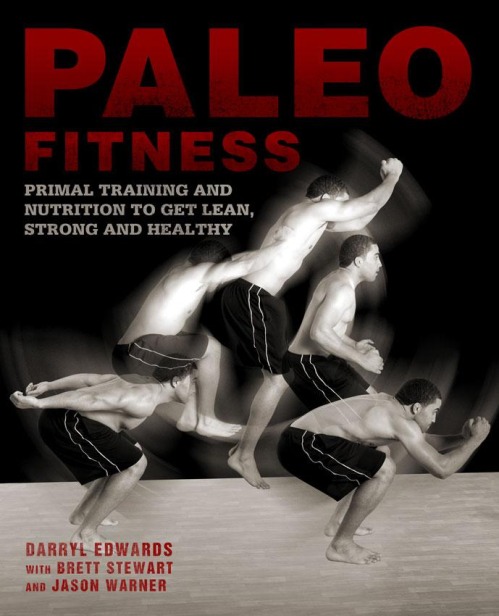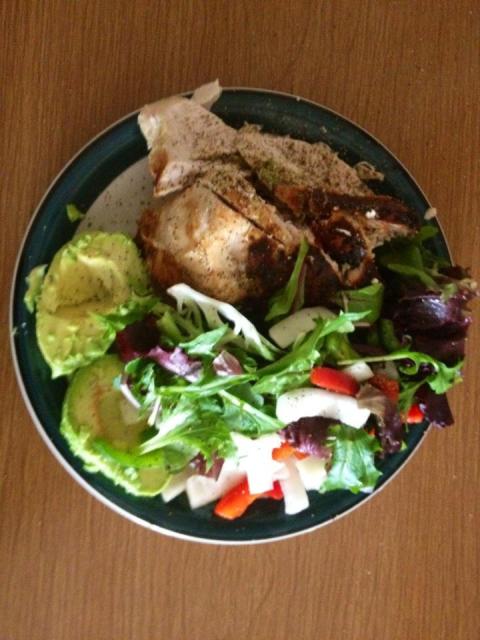
Thanks to Mother:
It's Mothering Sunday today (in the UK and other part's of the world), and it is time to reflect on all the wonderful things mother's have done for us as children. Today I have been thinking about food.
Most nutritional habits are formed when we are children. Some handed down through tradition, others based on cultural heritage. Sometimes we are constrained by financial status and the ability to pay. My mother always believed in the value of good-food as an important part of our development as children, both physical and mental.
Most of these lessons we may not appreciate as children - but we are drawn back or can reference these as adults when attempting to make healthy choices for ourselves and our children. It's important not to lose this aspect of our heritage.
Sometimes when I am undecided about what I should eat and when - sometimes I just need to listen to my mother's voice. For me this voice was most prominent as a child growing up in the 70's.
Often we hear that poor families make poorer food choices. Well not always. We didn't have much money - but in many cases even judged based on what I know now as an adult and with my personal views on nutrition. My mother did an amazing job.
Here's a few things I remember and will always appreciate:
- Free Range: Knowing about the origins of food. Even living in the city we grew some foods in our back garden. I went to pick live chickens (that had been roaming around) with my mother. I saw them being slaughtered and being prepared for dinner;
- Organic Food: At various times we grew our own vegetables (with no pesticides) and thus ate seasonal foods by choice;
- Learning to love water: Drinking soda drinks (pop) was a luxury. When thirsty the classic line from my mother was "well drink water then, it's the only thing that will quench your thirst";
- Eating fruit was a treat: relatives and family friends would bring fruit as a gift for us as children rather than sweets. I am not sure how many children would appreciate this nowadays :-) We also were given fruits deemed quite exotic at the time (pomegranite, mangos, guinep, guava) and other fruits from the carribean. A pear was more likely to be an avocado rather than the English variety.
- Variety of root vegetables: We rarely had potatoes except for our once weekly visit to the chip shop. We ate other dense carbohydrates such as sweet potato, yam, cassava and breadfruit;
- Variety of other foods: Ackee, callaloo, sweet peppers, green banana, plantain, soursop, okra;
- We loved fish: we ate a wide variety of fish including hake, herring, mackeral, snapper, sardines, pilchards and sprats;
- Cooked breakfasts: The ideal breakfast for us was a cooked one not from a cereal packet;
- Offally good: we ate organ meats such as liver and kidneys. These nutrient dense foods were hated as children but liver is proven to be an extremely nutrient dense food;
- Coconuts: we used home-made coconut milk and cream. We also drank coconut water straight from the coconut;
- No snacks: We were encouraged not to snack between meals. Being hungry was something that happened, rather than us just expecting to eat whenever we wanted with whatever we wanted;
- "Let your food settle": we were always told to eat slowly, and let our food digest. To get the best out of our food;
- Eating-In: We rarely ate out (one because of affordability and secondly we would not know what was 'in' the food) - so fast-food and take-aways were a rarity.
Not rose-coloured spectacles:
Of course my diet was not perfect, BUT I appreciate the foundation I had. It was far better than most of the children I knew. Food should taste good and be enjoyed - but more importantly it is about nourishment , sustenance, survival and good health.
Mother was not a nutritionist and was influenced to a degree by conventional wisdom and financial constraint. But she loves to cook delicious food - of a wide variety and with an eye on good health and longevity. Most of it is common sense. Next time I see her, I will spend more time in the kitchen not just eating but learning even more about food preparation and giving her advice about making even healthier choices.
This is a legacy I wish to pass on.
So what about you?
Any nutritional lessons from your childhood that have proven to be invaluable now as an adult? Please let me know your feedback in the comments.
 Tuesday, March 20, 2012 at 23:49 | by
Tuesday, March 20, 2012 at 23:49 | by  Darryl Edwards
Darryl Edwards 
 PFX12 in
PFX12 in  Primal Play,
Primal Play,  Testimonial
Testimonial 






















